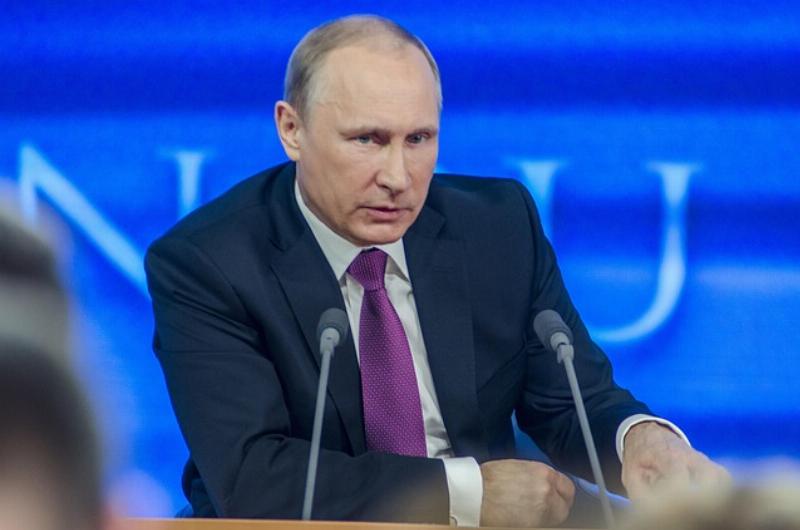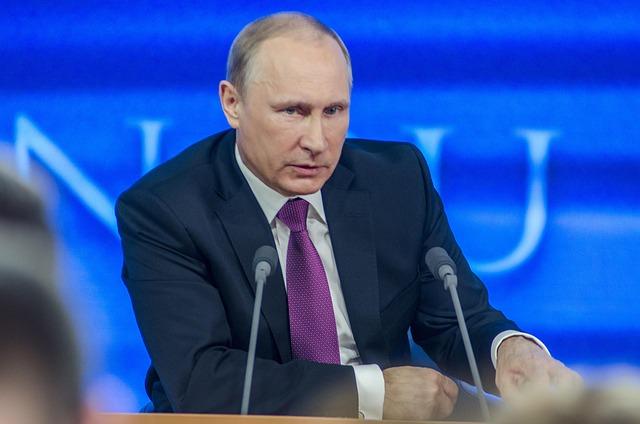


The fall of Bashar al-Assad’s regime in Syria in late 2024 marked a significant shift in the geopolitical landscape. President Trump was right to point out that Assad’s collapse revealed the weakness of his primary backers, Iran and Russia. The myth of their strength is crumbling, and the United States now has a unique opportunity to expose these regimes for what they truly are: overextended, brittle, and vulnerable.
The recent joint U.S.-Israeli military campaign against Iran’s nuclear infrastructure made this point clear. Iran was caught completely off guard. Israeli special operations forces operated deep inside Iranian territory, supported by an extensive espionage network. The Iranian regime was unable to stop wave after wave of airstrikes on its most strategic assets. This was not just a tactical failure. It was a strategic embarrassment that revealed the regime’s inability to defend itself.
Russia’s response to Iran’s plea for help was equally telling. When Iran’s foreign minister traveled to Moscow to invoke the Strategic Partnership Agreement signed in January 2025, Vladimir Putin offered nothing of substance. With his military bogged down in Ukraine and his economy under strain, Putin had no meaningful support to give. This is the same leader who once claimed that Russia never abandons its allies. Today, his promises are as empty as his boasts about economic resilience.
Putin’s weakness is not new, but it is now undeniable. For years, he exploited U.S. missteps in Afghanistan, Iraq, Libya, and Syria to expand Russian influence. But his 2022 decision to escalate the war in Ukraine was a strategic miscalculation. The Ukrainian people’s fierce resistance exposed the limits of Russian power and gave the West a chance to push back. Unfortunately, the Biden administration hesitated. That delay allowed Russia to regroup and entrench.
Despite that missed opportunity, Ukraine has continued to resist. Its military has held the line against a larger and better-equipped adversary. Its people have endured relentless attacks on civilian infrastructure without surrendering. In a recent operation known as “Spider Web,” Ukrainian special forces struck deep inside Russian territory, destroying key naval and aviation assets. This operation, like the Israeli strikes in Iran, revealed the cracks in the Kremlin’s armor.
Putin continues to pretend he is interested in peace. He engages in talks while escalating attacks and making demands no sovereign nation could accept. He believes he can intimidate the United States with nuclear threats and diplomatic games. He believes he can manipulate President Trump just as he did previous U.S. leaders.
He is mistaken.
The events in Syria, Iran, and Ukraine have shattered the illusion of authoritarian strength. Assad is gone. Khamenei is exposed. Putin is isolated. The time has come for the United States to stop treating these regimes as invincible and start treating them as what they are: desperate and hollow.
President Trump now has the chance to do what his predecessors could not. He can stand up to Putin, call his bluff, and reassert American leadership. Just as Ronald Reagan confronted the Soviet Union and helped bring about its collapse, this administration can be remembered for ending Putin’s reign of disruption and deceit.
The American people voted for strength, clarity, and resolve. They deserve a foreign policy that reflects those values. The world is watching. This is the moment to act.
Glenn Corn is a 34-year veteran of the U.S. Intelligence and Foreign Affairs communities. He served for over 20 years abroad, including tours in Russia, Turkey, Central Asia, South Asia, and the Middle East. Glenn is a Professor of Intelligence at the Institute of World Politics.

Image: Free image, Pixabay license.
